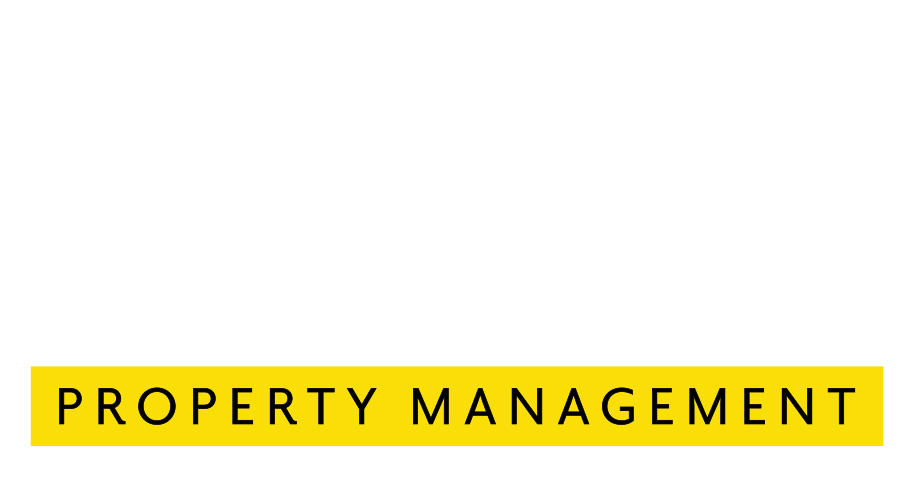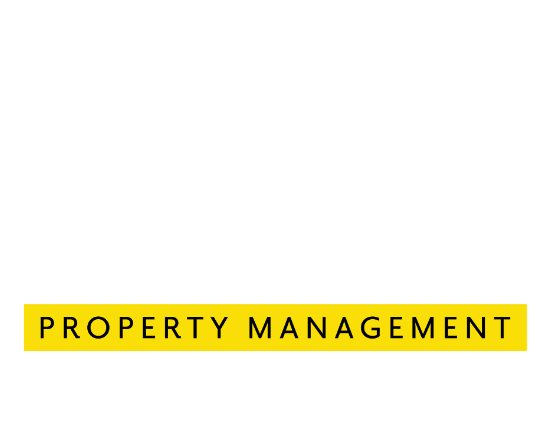South Carolina eviction laws are designed to protect the rights of both landlords and tenants. This article will provide a detailed understanding of the eviction process, steps, timeline, and the legal provisions and defenses available to landlords and tenants in South Carolina.
Grounds for Eviction
Non-Payment of Rent
The landlord can initiate eviction when a tenant fails to pay rent. South Carolina law requires landlords to provide tenants with a 5-day Notice to Pay Rent or Quit before proceeding with eviction proceedings.
Lease Violations
Lease violations, such as unauthorized occupants or property damage, give landlords the right to serve a 14-day Notice to Cure or Vacate. The landlord may file an eviction lawsuit if the tenant does not rectify the issue within the eviction notice period.
Non-Renewal of Lease
If a lease agreement is not renewed after the rental period ends, the landlord can serve a 7-day or 30-day Notice to Quit, depending on the terms of the written rental agreement. This requires the tenant to vacate the rental unit by the end of the notice period.
Illegal Activity
If a tenant is conducting illegal activities on the rental premises, landlords can proceed with eviction without providing any prior written notice.
Grounds for Eviction
Non-Payment of Rent 5-Day Notice
Lease Violations 14-Day Notice
Non-Renewal of Lease 7-Day or 30-Day Notice
Illegal Activity: No prior written notice is required
South Carolina Eviction Process: How can someone in SC be evicted?
- Notice Requirements for South Carolina Eviction Letter
South Carolina eviction laws mandate that landlords provide proper Notice to tenants before filing a complaint. The type of Notice required depends on the reason for the eviction, such as non-payment of rent or lease violations.
2. Filing a Complaint
After the notice period, landlords can file a Rule/Order to Show Cause at the appropriate eviction courthouse, specifically the Magistrates Court. Filing fees apply and vary by county.
3. Serving the Tenant
The Summons and Rule to Show Cause must be served to the tenant using one approved method (personal service, substituted service, mailing service, or commercial delivery service).
4. Court Hearings and Tenant Defenses
If the tenant contests the eviction, the case proceeds to a court trial. Tenants may use defenses such as failure to provide proper Notice or retaliation. Landlords must provide evidence, including the lease agreement and documentation of the tenant violating the lease agreement.
5. Writ of Ejectment and Eviction Timeline
If the landlord wins the case, a Writ of Ejectment is issued, giving the tenant 24 hours to vacate the property. If the tenant remains, a law enforcement officer may forcibly remove them.
Tenant Rights and Illegal Evictions
- Tenant Eviction Defenses
Tenants can defend against eviction by demonstrating improper Notice, retaliation, or discrimination. Additionally, tenants can negotiate a payment plan or show proof of rent payment.
2. “Self-Help” Evictions
Landlords cannot use self-help eviction methods like changing locks or shutting off utilities. These actions are considered illegal evictions in South Carolina.
3. Eviction Notice Periods: A Broader Perspective
In cases where a tenant pays weekly rent, the landlord must provide at least seven days of written Notice before demanding that the tenant vacate the premises. However, the eviction process is more complex in other situations with no definite rental term. In such cases, the landlord must provide at least 30 days of written Notice.
The eviction process begins with the landlord legally terminating the tenancy, which requires giving the tenant a written notice as specified by the state’s termination statute. If the tenant fails to comply with the Notice (for instance, by not paying the rent or not rectifying a lease violation), the landlord can then file an eviction lawsuit.
It’s important to note that even if a landlord wins an eviction lawsuit, it is illegal for them to forcibly remove the tenant by changing locks or turning off utilities. Instead, they must follow state and local procedures for the physical removal of tenants, often requiring the assistance of local law enforcement.
Eviction Reasons and Tenant Responsibilities
- Breach of Lease Agreement
Tenants are responsible for adhering to the terms outlined in the written lease agreement. A breach of lease, such as unauthorized subletting, property damage, or creating a nuisance, can result in eviction.
2. Failure to Maintain Rental Unit
Tenants must keep the rental unit clean and habitable. Failure to do so, such as neglecting repairs or causing unsanitary conditions, can lead to eviction proceedings.
3. Abandonment of Rental Property
If a tenant abandons the rental property without Notice or fails to pay rent, the landlord may proceed with eviction and seek compensation for lost rent and damages.
Landlord Responsibilities and Limitations
- Landlord’s Duty to Maintain Property
Landlords must ensure that rental properties meet minimum housing standards and comply with health and safety codes. Failure to maintain a safe and habitable dwelling can be grounds for a tenant to break the lease or seek legal remedies.
2. Rent Increases and Lease Termination
Landlords must provide written Notice of rent increases or lease termination according to the lease agreement terms. For month-to-month tenancies, a 30-day written notice is generally required.
3. Retaliation and Discrimination
South Carolina eviction laws protect tenants from retaliation or discrimination. Landlords cannot evict tenants based on race, religion, gender, disability, or familial status. Additionally, landlords cannot evict tenants in retaliation for exercising their legal rights, such as reporting code violations or requesting repairs.
After Eviction: Tenant’s Belongings and Security Deposits
- Handling Tenant’s Belongings
Landlords must follow South Carolina’s abandoned property laws if a tenant leaves personal belongings behind after eviction. The landlord may store the belongings for up to 30 days, allowing the tenant to claim them. After that period, the landlord may dispose of or sell the items.
2. Security Deposit Return
Landlords must return the security deposit, minus any deductions for unpaid rent or damages, within 30 days of the tenant vacating the property. They must provide an itemized list of deductions and the remaining deposit amount.
Navigating South Carolina eviction laws can be challenging for both landlords and tenants. Understanding both parties’ legal requirements, processes, and rights is crucial for a successful and lawful eviction process.
If you are a landlord in need of eviction services in Columbia, Lexington, West Columbia, Irmo, Chapin, or Blythewood, consider partnering with Ray Covington Property Management. With a thorough understanding of South Carolina eviction laws and a commitment to professionalism, Ray Covington Property Management can help ensure a smooth eviction process while protecting your property and your rights as a landlord.
While understanding the eviction process is crucial, ensuring a solid foundation with a comprehensive South Carolina Residential Rental Agreement is equally important to prevent disputes and clarify tenancy terms.
FAQs
How long does it take to evict a tenant in South Carolina?
The eviction process in South Carolina can take anywhere from 3 to 6 weeks, depending on the circumstances and the level of cooperation from both parties. Factors that can influence the timeline include the reason for eviction, the notice period, court scheduling, and the tenant’s response.
What are the current eviction laws in South Carolina?
The South Carolina Residential Landlord-Tenant Act outlines the rights and responsibilities of both landlords and tenants in eviction situations. Eviction laws in South Carolina cover topics such as grounds for eviction, notice requirements, the eviction process, and tenant and landlord responsibilities.
What are grounds for eviction in South Carolina?
Grounds for eviction in South Carolina include non-payment of rent, breach of lease agreement, failure to maintain the rental unit, engaging in illegal activities, and holding over (staying in the rental unit after the lease term has ended).
What is the rule to vacate in SC?
A “rule to show cause” is a court order issued in South Carolina eviction cases, requiring the tenant to appear in court and demonstrate why they should not be evicted. This is served to the tenant along with the summons and complaint, and the tenant must respond within 10 days.
How long do you have to vacate after eviction in SC?
Once a landlord wins an eviction case in South Carolina and obtains a writ of ejectment, the tenant typically has 24 to 48 hours to vacate the property. If the tenant fails to leave within this time frame, a law enforcement officer can forcibly remove the tenant and their belongings.
When can a landlord file for eviction in SC?
A landlord can file for eviction in South Carolina once the required notice period has expired and the tenant has not remedied the issue (such as paying overdue rent or curing a lease violation). The specific timeline depends on the reason for eviction and the notice period outlined in the lease agreement or required by law.
What is a 14-day eviction notice in South Carolina?
A 14-day eviction notice in South Carolina is typically issued for lease violations or breaches other than non-payment of rent. The notice provides the tenant with 14 days to either remedy the issue or vacate the property. If the tenant fails to do so, the landlord can proceed with eviction by filing a complaint with the court.
What is a 5-day notice to vacate in SC?
A 5-day notice to vacate in South Carolina is typically issued for non-payment of rent. It gives the tenant 5 days to pay the overdue rent or vacate the property. If the tenant does not pay the rent or leave within this period, the landlord can proceed with eviction by filing a complaint with the court.
How many lease violations before eviction?
There is no specific number of lease violations mentioned in South Carolina law that lead to eviction. It depends on the lease terms and the discretion of the landlord, but legal procedures must be followed, including providing notice and allowing the tenant an opportunity to correct the violation before eviction proceedings can begin.





